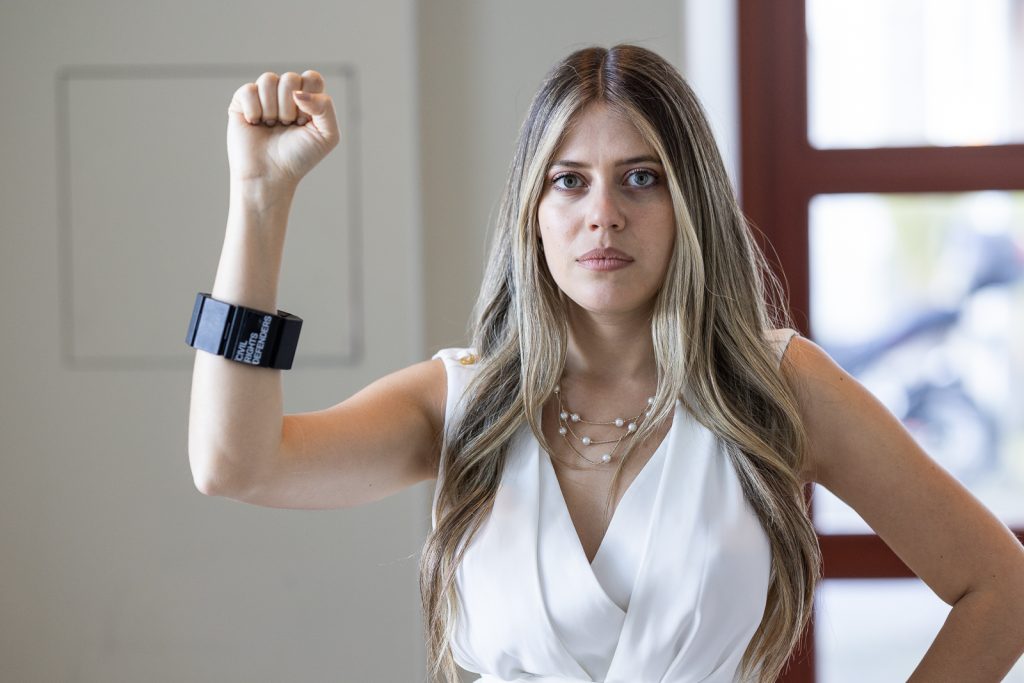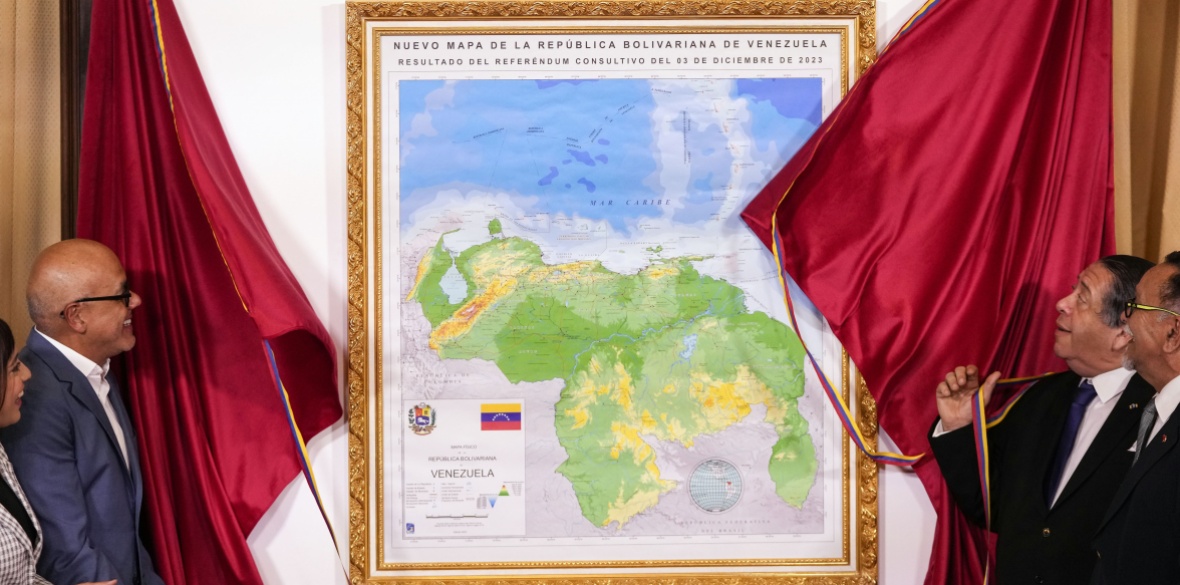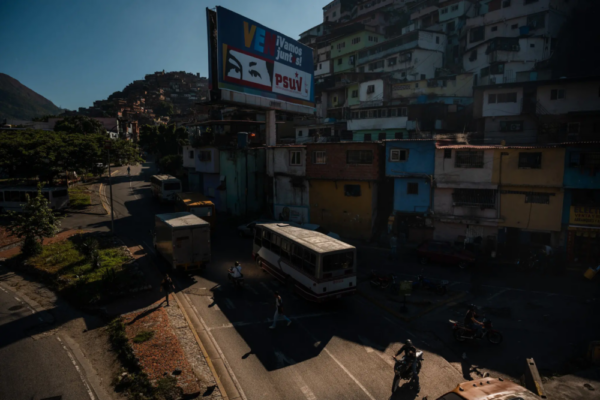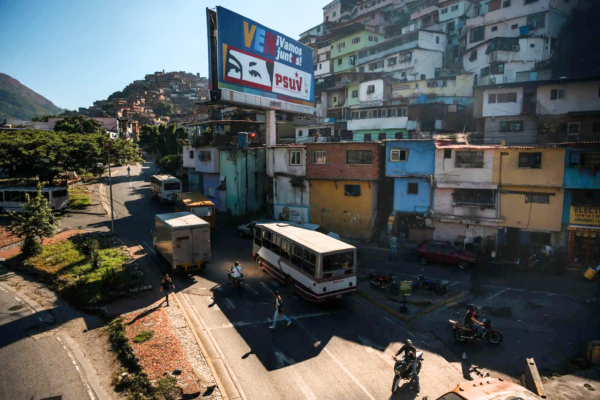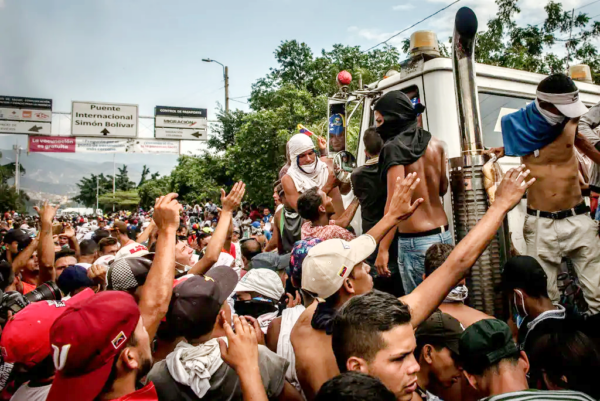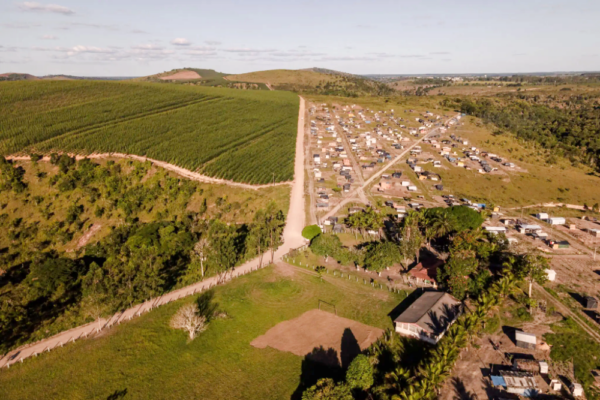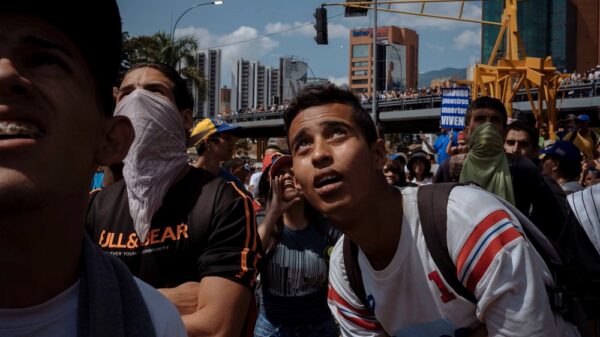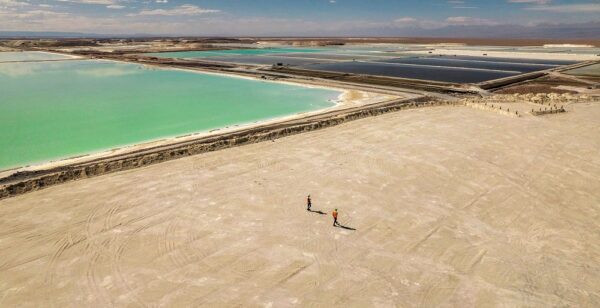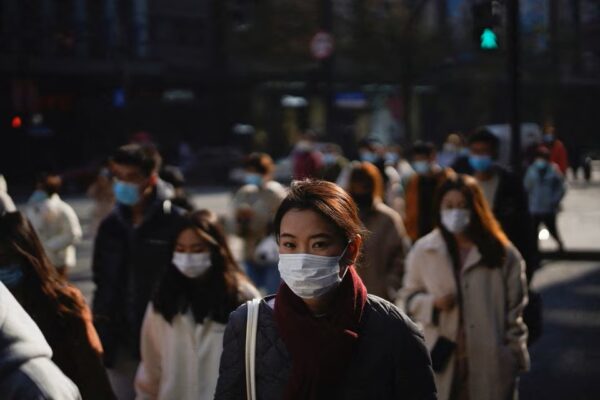Despite continuous US-led hybrid warfare to overthrow the socialist project, this month marks the 25th anniversary of the Bolivarian Revolution. The Venezuelan government of President Nicolás Maduro has successfully forced the US to de facto engage with it, although Washington still maintains the fiction that the defunct 2015 National Assembly is the “last remaining democratic institution” there.
While still egregiously interventionist, the imperial power has been relegated to vetting candidates for the upcoming Venezuelan presidential election, having failed to achieve outright regime change. The appearance of Venezuelan politician Maria Corina Machado before a US congressional committee is the latest in the empire’s quest for a trustworthy confederate. Hopes are high among Republicans that she is the right collaborator. The Democrats may have another endgame.
The opposition to the ruling Venezuelan socialist government is composed of many small and fractious sects, usually associated with a dominant personality, such as Machado’s Vente Venezuela party. The US spends millions each year meddling in the internal affairs of Venezuela in what it euphemistically calls “democracy promotion.” USAID alone pledged $50M to “push” the presidential elections, scheduled for later this year.
Washington’s efforts to force a unified opposition have been so far unsuccessful in Venezuela. But that has not deterred the Yankees from imperiously selecting the candidate they think ought be Venezuela’s leader.
Farewell to Venezuelan “interim president” Juan Guaidó
The last contender for the role of the empire’s factotum was the now disgraced Juan Guaidó. Despite his popularity abroad as the “interim president” of Venezuela, the hapless security asset was not as well received at home and was dismissed by his own opposition bloc in 2022.
The US and its allies gave Guaidó and his cronies illegally seized Venezuelan assets such the Monómeros agrochemical complex in Colombia and the Citgo oil franchise in the US. They used the enterprises to grossly enrich themselves while running them into the ground. According to the Venezuelan attorney general, an estimated $19B was embezzled by Guaidó’s “fictious government.”
With his deer-in-the-headlights visage and stilted oratory, Guaidó appeared every bit like a puppet. In the case of Mr. Guaidó, appearances did not deceive. In contrast, the new contestant is photogenic and with a quick wit. Besides, Machado speaks fluent English.
Machado auditions before the “bipartisan roundtable”
The February 7th House Foreign Affairs Committee “bipartisan roundtable” was entitled “The Fight for Freedom in Venezuela.” Streamed live, committee chair Maria Salazar (R-FL)
gushed in support of featured guest María Corina Machado as the sole opposition presidential candidate. Salazar asserted that no other opposition candidate will be tolerated: “There is no plan B!”
In what amounted to an audition, Machado painted a dire picture of today’s Venezuela as the “largest torture center in Latin America.” She accused the Maduro government of “intentionally destroying the quality of life.”
When asked how she would solve Venezuela’s problems, Machado said she would “open markets.” Not mentioned was that the very US economic sanctions, which she had championed, had closed the markets and imposed an asphyxiating blockade immiserating Venezuela’s less fortunate citizens. Machado comes from one the richest families.
Alluding to current president Nicolás Maduro and National Assembly leader Diosdado Cabello, Machado said she would not be for “a system of impunity” when she’s president.
Although no one else had brought Nicaragua up, she pledged to work for a “transition” there too. Statements like this prompted the Perú Libre party, reflecting leftist sentiment throughout Latin America, to warn that Machado “constitutes a threat to continental peace.”
Machado’s political baggage
Machado comes with considerable political baggage. In 2002, she signed the infamous Carmona Decree, establishing the short-lived coup government that temporarily deposed Hugo Chávez. Machado received amnesty for supporting that coup, but has continued to be associated in coup attempts. She was active in promoting the violent guarimbas in 2014 and 2017 to overthrow the elected government and has called for a US military invasion.
In 2014, she was barred from running for public office, in accordance with the Venezuelan constitution, when she served as a diplomat for Panama in order to testify against Venezuela before the Organization of American States. She had initially refused to contest her barring before the supreme court (TSJ), which she regarded as illegitimate. But when Washington wanted to use her electoral disqualification as an excuse for reimposing some sanctions, she obediently complied, though she still remained barred.
Other congressional initiatives
Last December, Mario Diaz-Balart (R-FL) introduced House Resolution 911 designating Machado as the “official presidential opposition candidate.” Besides being a blatant interference in the internal affairs of another country, the resolution is tone deaf to the opposition in Venezuela, which does not recognize Machado as the sole legitimate candidate.
On January 30, after Machado lost her appeal to have her electoral eligibility reinstated, Republican Senators Marco Rubio, Rick Scott, and Bill Cassidy sent Biden a letter urging him to immediately reimpose sanctions on Venezuela in order to maintain US “credibility.” That same day, the Biden State Department issued a statement revoking sanctions relief on Venezuelan gold sales and threatened to do the same on gas and oil.
Four days before, the Congressional Research Service reported that US sanctions on Venezuela have “failed” to achieve regime change but have caused profound human suffering. This is the same “humanitarian crisis” that Machado claims was deliberately precipitated by the Venezuelan government.
How popular is Machado off of Capitol Hill?
Most knowledgeable analysts identify Machado as the opposition politician in Venezuela with the greatest name recognition and the single most popular one. But she does not command the unanimity of support in Venezuela that she is receiving inside the beltway.
Venezuelan sociologist Maria Paez Victor, now residing in Canada, reports that Machado is deeply resented by most in the opposition. “She is a hated figure among the people because of her enthusiastic support and plea for more sanctions that have caused such suffering.”
To begin with, Machado’s much vaunted opposition primary was problematic. Machado swept a crowded field of contestants with a suspicious 92%. The October contest excluded some opposition parties, while others chose not to contend and still others participated but subsequently claimed fraud.
The primary was not conducted by the national election authority (CNE) as they usually are, but was a private affair run by Machado’s own non-governmental organization Súmate, which has received NED funding. Some of the polling places were in private homes rather than public venues such as schools. And after the ballots were counted manually, they were quickly destroyed so that there was no way to verify the validity of the count.
Reflecting the primary’s questionable nature, the US press usually refers to it as “an” opposition primary rather than “the” opposition primary, although a close and critical reading is needed to detect the weasel-word usage. Due to the irregularities, the Venezuelan supreme court subsequently suspended the primary results.
Machado’s prospects
Although Maduro has yet to announce his candidacy, it is widely believed that the incumbent president will be his party’s choice. For her part, Machado says, “there can be no elections without me.” The European Union agrees, saying they will not recognize the election unless Machado runs.
The Orinoco Tribune reports that the White House does not especially care who the opposition candidate is in Venezuela. According to Biden official Juan González, “the process and not the candidate” is most important.
This translates to the White House anticipating a Maduro victory and, accordingly, planning to pronounce the election fraudulent. In the last Venezuelan presidential election, the US took no chances when it declared the contest fraudulent a half a year in advance and even threatened opposition candidate Henri Falcón with sanctions for running.
The manufactured drama around Machado’s electoral eligibility has a purpose that has little to do with the far-right opposition politician. Washington knew with near certainty that she would not be allowed to run for political office due to manifest past transgressions. That is precisely why she was not named in the Barbados Agreement’s electoral roadmap negotiated between the US and Venezuela. Rather, the charade is being played out to cast doubt and calumny on the upcoming election. If Maduro wins, the US will surely pronounce the contest illegitimate.
The post Washington Promotes Opposition Candidate Setting the Stage for Delegitimizing the Venezuelan Presidential Election first appeared on Dissident Voice.This post was originally published on Dissident Voice.
